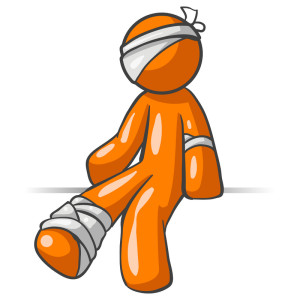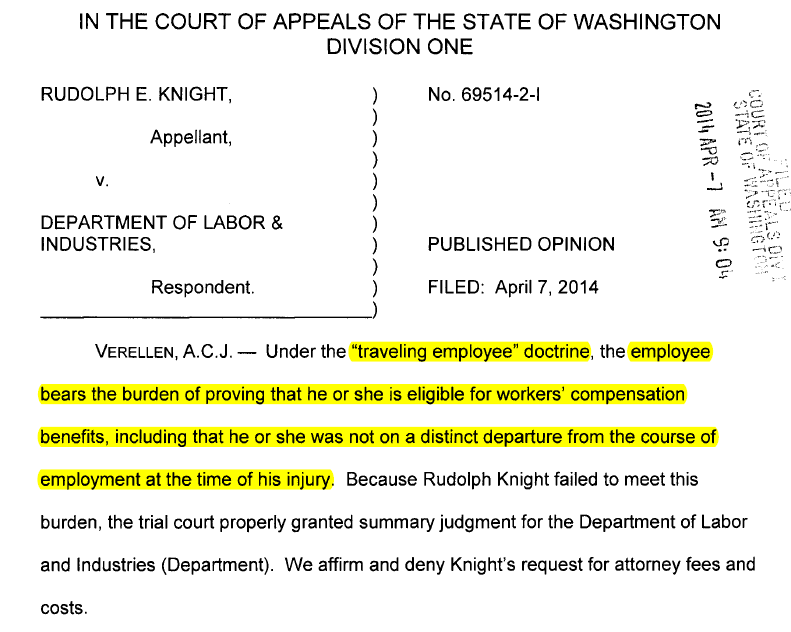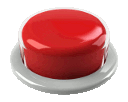 Traveling for work? Keep a diary and don't get drunk in case you get injured.
Traveling for work? Keep a diary and don't get drunk in case you get injured.
In Washington there is a requirement that employees be covered by insurance that will pay for medical treatment and a portion of wages should they get injured while "in the course of employment." Additionally, if you travel for work on a regular basis or even for an occasional workshop, conference, or training ALMOST all your time doing activities including eating, being at a hotel, and some entertainment will be covered for benefits should you get injured.
There are many laws written by the legislature and rules written by the administrative agencies regarding employee coverage for workplace injuries. Additionally the courts interpret these rules, apply them to the specific facts of each case, and create doctrines (court rules for areas of law) to help decide when a particular person should get coverage. The following summary of a court case is about the "traveling employee" doctrine whereby if you travel for work and get injured you can apply for benefits, but YOU the employee must present proof of what you were doing when you were injured. You'd better keep a diary or record of your time. Here is a copy of the court case opinion first page:

You can find this case online at the Washington Courts website www.courts.wa.gov. In this case Mr. Knight was working away from his normal office and on the way back to his hotel he saw some people riding dune buggies and pulled over to watch. That was the last thing he remembered when waking up at the hospital a day later. The court reminded us that usually the whole time of the trip would be covered so that even those tasks that are not directly work duties are covered such that getting injured at dinner or the movies would also be considered in the course of employment. The court describes these "other" things as things "ministering to personal needs" with a somewhat broad applicability. However, there are things that would NOT be considered allowable behavior resulting in an injury that will be covered such as the employee getting drunk and then getting injured.
You may be surprised to read that "drinking in moderation" could be OK and thus not exclude an injury after drinking; you then would read as expected that "drinking to the point of intoxication" was not a behavior that would allow coverage for an injury after that act (I think an easier rule is don't be intoxicated with any drug while on a work trip or any accident will not be covered under workers compensation). I read the opinion several times and did not read how one would know that line between moderation and intoxication. Yet for resolution of the case the judges indicated the EMPLOYEE must prove that they were only drinking in moderation and Mr. Knight was unconscious and could not remember the time period to testify on his own behalf. The other witnesses heard Mr. Knight say he had a lot of alcohol to drink. I did not find this a significant fact since he had a SEVERE head injury and his statement could not be realistically considered a reliable statement (although not helpful to his case). It can be concluded from the facts that Mr. Knight had a concussion and some other form of head injury but the emergency room doctor noticed slurred speech, sleepiness, and the smell of alcohol and thus concluded he had a "diagnosis" of alcohol intoxication (the Mayo Clinic lists symptoms of concussion as loss of consciousness, confusion, amnesia around the event, slurred speech, fatigue, delayed responses, and appearing dazed). The CT scans showed a subarachnoid hemorrhage in the brain (bleeding in the brain) and he was transferred to another hospital better equipped to handle brain injuries who concluded he suffered a significant blow to the head. The other evidence was that Mr. Knight smelled of alcohol (I've been next to someone with one drink and had to step back from the strong smell of alcohol).
But in the end the court concluded that at the time the emergency persons arrived Mr. Knight was "intoxicated" and since he did not have evidence of the time period he cannot remember and cannot prove he was NOT intoxicated but instead only suffering a severe head injury after drinking in moderation, the employee looses coverage under workers compensation. (Wow that's a long sentence.) If there was no alcohol involved, it is not clear that the judges would have considered dune buggy riding as ministering to personal needs and in the course of employment. Courts look for one way to resolve the case and not - well not usually - speculate on other conclusions or ways the case could have turned out. This is especially true of a doctrine that requires a case-by-case determination of the facts.
I personally believe no one should drink alcohol, smoke marijuana, or be on certain prescription drugs while operating motor vehicles or anything that requires mental concentration (based on my experience riding a bike in the woods on trails is just as dangerous as driving a dune buggy). The employee should have had a written or video log of how many drinks he had, portable breathe analyzer results, and have a witness at all times (since it was not a planned dune buggy trip and he could not remember the people's names it is likely he could not locate those witnesses). However, this rule of requiring the employee to prove what they were doing leading up to an injury is acceptable in many situations unless there is a severe head injury making presenting evidence impossible. This is especially true since the law requires liberal application in favor of employees.
![]() The blog posts on this website are intended for informational and advertising purposes and are NOT to be relied upon for any legal issues - they may be out of date or incomplete. You should consult an attorney for assistance and up-to-date legal research and analysis. Any comment you make, which is welcomed, and any replies I post to your comment are in a likewise manner and do not indicate an "attorney-client" relationship. Please read the DISCLAIMERS for use of this website.
The blog posts on this website are intended for informational and advertising purposes and are NOT to be relied upon for any legal issues - they may be out of date or incomplete. You should consult an attorney for assistance and up-to-date legal research and analysis. Any comment you make, which is welcomed, and any replies I post to your comment are in a likewise manner and do not indicate an "attorney-client" relationship. Please read the DISCLAIMERS for use of this website.







